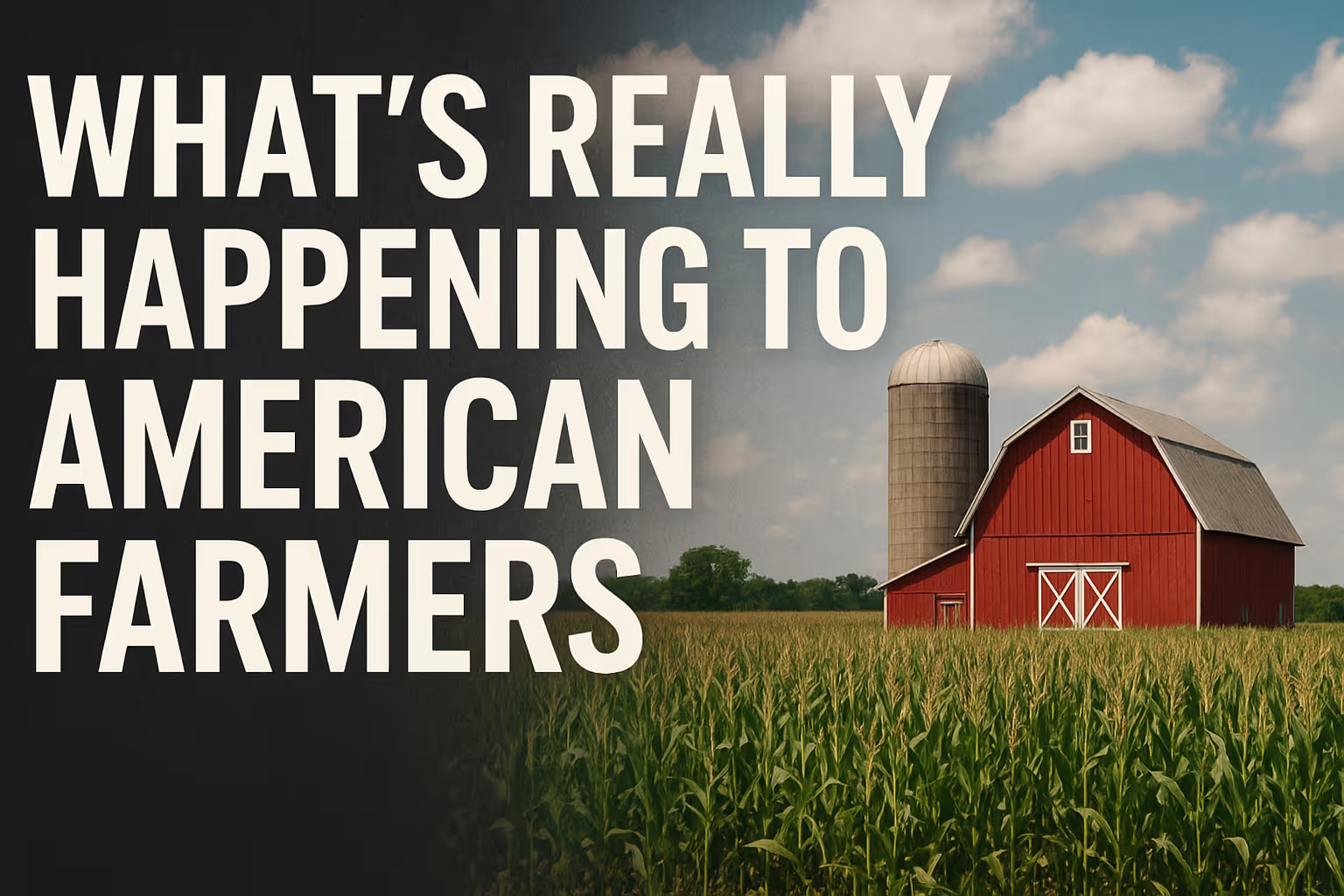
 Farm Challenges
Farm ChallengesEvery year, more family farms are going out of business. It’s a quiet trend, but the ripple effects are enormous. Grain stocks—corn, wheat, soybeans—are shrinking. Prices keep climbing. And while most people feel the pinch at the grocery store, the deeper reality is much bigger.
Maslow’s hierarchy of needs teaches us that human priorities start with the basics: food, water, and shelter. Everything else—technology, gas, travel, entertainment—comes after those essentials are met.
That means no matter how high the price of food climbs, people will keep buying it. But when food costs rise, something else has to give. Families end up with less money for gas, electronics, or even savings.
In short: when farming suffers, every other part of our economy feels the squeeze.
If you care about living a comfortable life, with the ability to make choices about your future, then protecting American farms has to be a priority. Without them, we don’t just lose food security—we lose economic stability.
Want to slow inflation? Then we need to protect America’s ability to produce crops. Because once that dwindles, everything else—your wealth, your freedom, your lifestyle goals—becomes wishful thinking.
Supporting farmers isn’t just about preserving a tradition. It’s about securing the foundation of our economy and protecting the choices we have as individuals and as a nation. If American agriculture collapses, so does our ability to afford the life we’ve worked for.